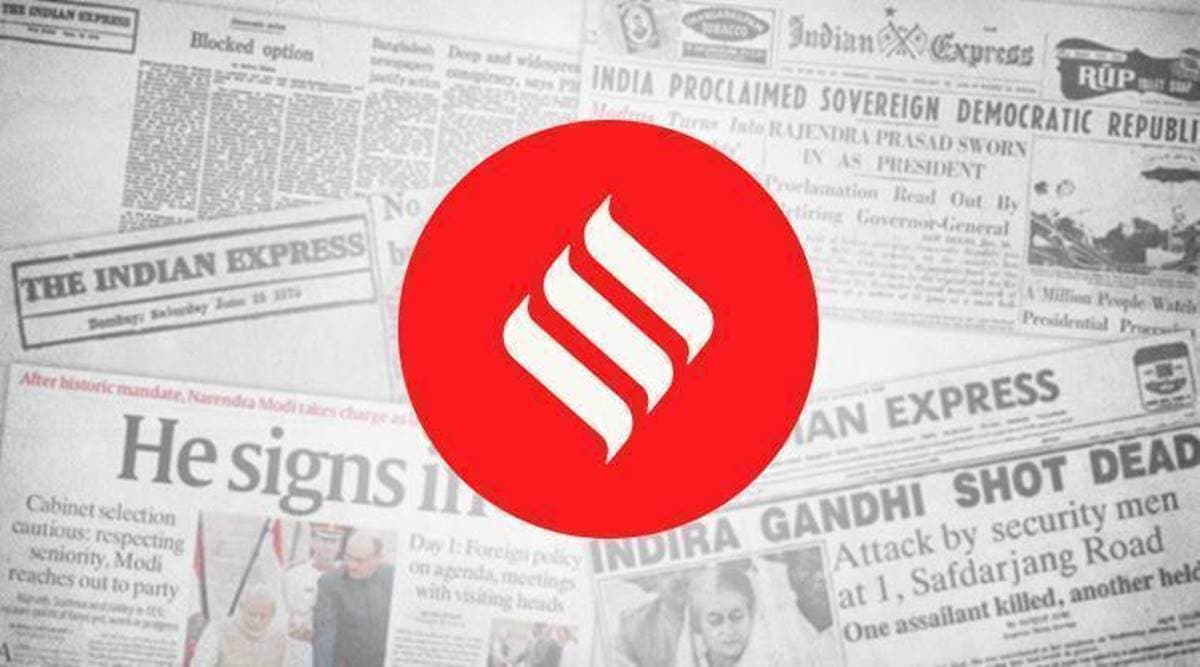 When the phone book or the bank statement can’t ensure a bed or an oxygen cylinder, there’s a deeper sense of despair.
When the phone book or the bank statement can’t ensure a bed or an oxygen cylinder, there’s a deeper sense of despair. On Thursday, the second COVID surge claimed 2,104 lives in India and, at 3,14,835, clocked the highest one-day tally of infections anywhere in the world since the pandemic began. It’s a grim milestone. On a journey where those in charge of leading the way either fell asleep at the wheel or are fumbling as they get back on their feet. If the image that seared into the nation during the first wave was of migrants trudging across national highways, left to fend for themselves, the second surge is also framed by a similar sense of abandonment: the endless pleading for a bed or oxygen, the masked tears at a funeral.
Of course, there’s the brutal logic of a viral wave whose ferocity few anticipated: most health systems strain under such a crushing load, look at the mess in New York or in the NHS last year. But what laces the tragedy with anguish is the fact that this is the second wave — after at least four months of a steady fall. From serosurveys to gene sequencing, all red flags furiously waving now first flashed long ago. In fact, as a report in this newspaper shows today, the need for monitoring oxygen was officially flagged in April last year, just days into the lockdown, and the necessity to ramp up supplies was put on record in November. Today, corporate hospital chains in the national capital knock on the door of Delhi High Court to ask for precious oxygen; states are sparring over transport of oxygen supplies; Chief Ministers have to tweet to get stocks back on track.
In many cities, despite improvements in infrastructure, getting a better school or a house on a safer road — forget better air — or getting admitted to a better hospital is a card-swipe away. The pandemic underlines the limits of such exit clauses. When the phone book or the bank statement can’t ensure a bed or an oxygen cylinder, there’s a deeper sense of despair. It’s quite appropriate, therefore, that the High Courts in Delhi, Calcutta, Gujarat, Bombay and Allahabad reminded — and prodded — Central and state governments. “We will have to enforce the fundamental rights of people and direct beg, borrow and steal and do whatever you have to do but you have to do. We cannot see people dying, because people are dying,” the Delhi High Court told the Centre. In its lament, the critical words are in the end: “Do whatever you have to do but you have to do.” These need underlining and repeating. Right from Day One, AIIMS’s Randeep Guleria, a voice of calm and reason, has emphasised that the fight against Covid has to be won at the level of the community, the apartment block and the neighbourhood, not in the ICU or at the ventilator. That fact still holds and if all “do what you have to do,” both public and private, therein also lies the hope.
- The Indian Express website has been rated GREEN for its credibility and trustworthiness by Newsguard, a global service that rates news sources for their journalistic standards.

